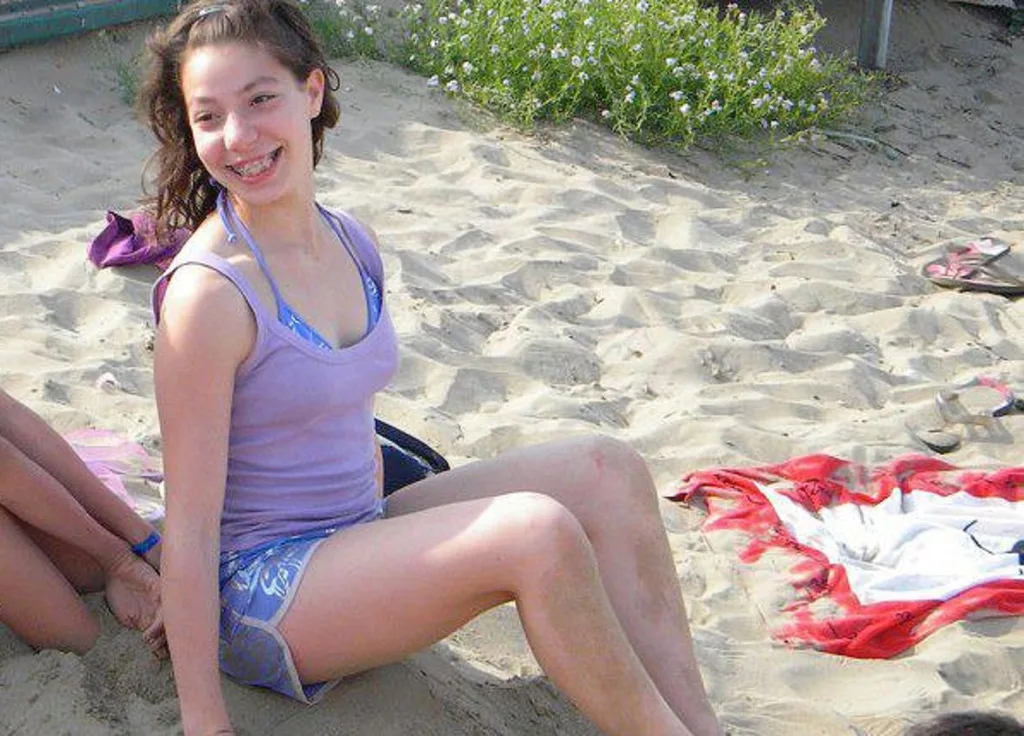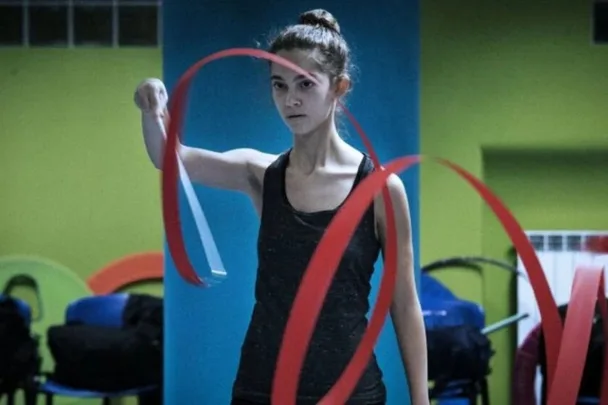Netflix and true crime go hand-in-hand. In fact, the streaming giant has established itself as the home of documentaries and movies which detail real-life crimes that rocked the world. The latest? Yara. A film which documents the tragic murder of a 13-year old girl in Italy, named Yara Gambirasio.
The film stars Isabella Ragonese, Alessio Boni and Chiara Bono, and revolves around the prosecutor who gives everything she has in order to solve the case.
The murder of Yara Gambirasio
13-year old Yara Gambirasio went missing on the 26th November 2010 while walking home from the Brembate di Sopra sports centre. After this, the real nightmare begins for Yara’s family.
After three arduous months of searching, Yara’s body was later discovered on the 26th February 2011 in Chignolo d’Isola, around 10km from the sports centre. Her body showed superficial cuts and a large wound on her head, with leaked details from the autopsy suggesting that the cause of death was a combination of a blow to the head, six cut wounds and hypothermia.
Once Yara’s body had been found, the investigation turned towards locating the suspect. The first was a young Moroccan man who was initially arrested after a comment he made was mistranslated, but he was later exonerated.
Detectives then took a trace of genetic material from the victim’s underwear and leggings, with forensic scientists comparing it against 22,000 DNA profiles.

On the 16th June 2014, an Italian bricklayer named Massimo Giuseppe Bossetti was arrested for the murder after finding that his DNA matched the sample.
From the beginning Bossetti claimed his innocence, initially arguing that the DNA samples were false due to over-exposure from the weather or cross-contamination. The police, however, maintained that the sample was of “excellent quality” and the accused was denied any opportunity for plea bargain. His wife, whom he labelled as his alibi for the evening of Yara’s disappearance, was also not believed.
In January 2015, a scientific advisor told the court that the DNA in question may not match Bossetti’s, but the attorney refused to have the evidence questioned. Bossetti’s defence team honed in on another potential suspect named Silvia Brena, whose blood was found on the sleeve of Yara’s jacket, as identified by DNA. On the night of Yara’s disappearance, Silvia’s father testified that she had cried all night, but under questioning, Silvia claimed she had no recollection of this. She also could not explain why she had texted with her brother at the time of Yara’s disappearance, which the pair almost immediately deleted from their phones, therefore erasing all records of the conversation.
On the 1st July 2016, the Corte d’Assise of Bergamo sentenced Bossetti to life imprisonment. In November 2019, Bossetti’s defence lawyers asked for a review of DNA evidence, but in March 2021, their request was denied.










